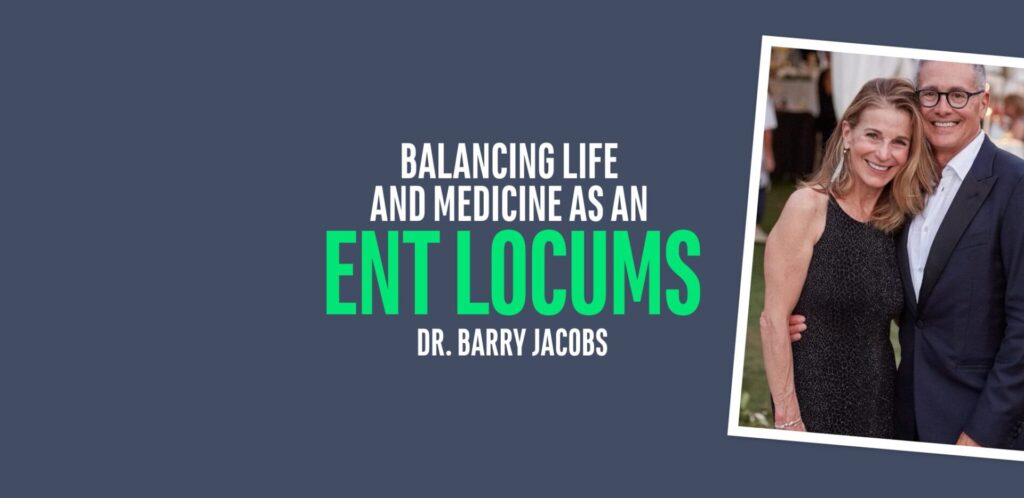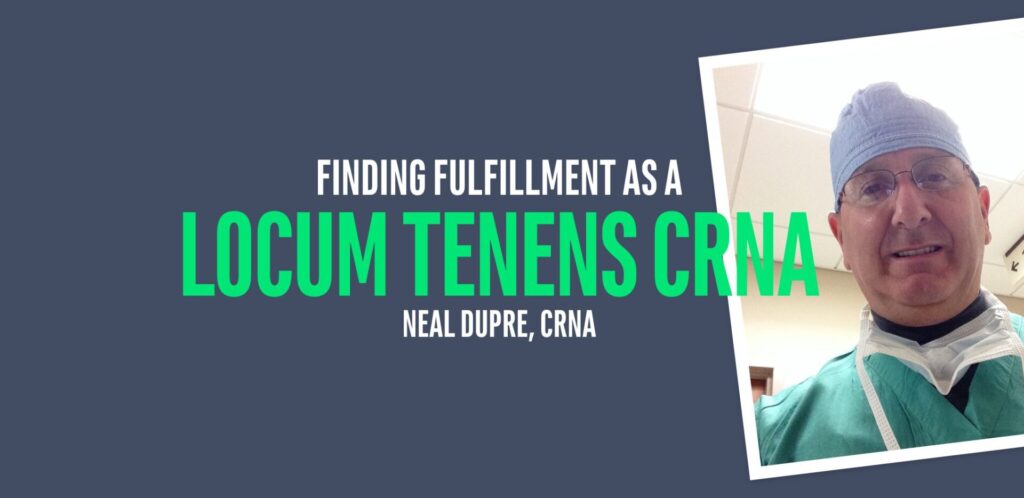For military physicians, locums can provide the flexibility you need to fulfill your military obligations, while also keeping your medical skills sharp.
Dr. Norman Hetzler is a great example––he started working as a locum cardiothoracic surgeon because it provided him with the flexibility he needed to honor his commitments to the Navy Reserves while continuing to practice medicine and supplement his income. When his full-time job didn’t want to offer the flexibility that would allow him to continue as a reservist, locums offered him a way out, so that he could continue serving both his country and his patients.
Here’s what Dr. Hetlzer had to say about how military service and locum tenens go hand in hand:
Tell us about your military service.
I went to medical school through a scholarship program with the Army. I was in the Army for seventeen and a half years but was getting deployed too often, so I decided I wanted to get out. Years later, when the kids were older, my wife suggested I go back and finish up my service. I’ve been in the Navy Reserves for 7 years and spent close to a year in Afghanistan during that time.
So you’re still active in the reserves and you’re doing locums at the same time? What is that like for you?
It works out well, actually. Some civilian practices don’t like the fact that you have to go off and serve your country, and you can get a little bit of blowback from that. With locums, I can serve my country and not have to put up with a bunch of garbage. That’s the other advantage of locums: you might be gone a lot, but when you’re home, you’re home. You can just throw your phone in a drawer.
When I was working full time, I’d come home and I’d be on call almost every day and I never really got to spend any time with my family. Working as a locum has been much better.
Can you tell us a little bit about what led you to medicine? What drew you toward becoming a cardiothoracic surgeon?
I started out in aeronautical engineering in college, but decided I wanted to become a doctor some time during my sophomore year. I always wanted to do cardiothoracic surgery, but I wanted to do operational work in the Army, on airplanes. So I spent a few years as a general surgeon in the Army before I went back and did my fellowship. I tell everyone that I hit my head on a parachute jump and decided I wanted to become a heart surgeon. [laughs]
Are there parts of your military training and lifestyle that have prepared you for locums?
Yeah, absolutely. For one thing, you’re used to coming into places and dealing with whatever comes. If you walk into the ER and they don’t have your gold handle instruments, you’re not going to throw a hissy fit.
The other thing is, the military has much more of a feeling of a team. It’s not like Oh, I’m the doctor God and you’re nothing. We’re all in this together. We’re all here to complete a mission. And it makes it easier: you just walk in and pull on the mantle and you work together.
What led to your decision to try locum tenens?
I had a lot of issues with my last group. Whenever I had a military commitment, they were angry that they had to make their schedule around my schedule, and they tried to make it so that my job would be mostly in the office and not operating as much. That’s a big reason why I left.
I didn’t want to put my family through another move, [so I decided to try locums]. And I’ve been really happy with Hayes Locums.
Did you have any concerns when you first started out?
It can take a while to crank up. Even with the IMLC, it takes a while to get your licensing and all the other paperwork. That was a concern for me, because you can burn through a significant amount of your emergency fund to get to that point.
So my recommendation for anyone who is thinking about locums would be to plan ahead more than I did. [laughs]
Do you have other advice for physicians thinking about trying locums?
Pick your locums company wisely. Because there are a lot of locums companies out there, and it’s important to find the right one. Hayes has become my go to, because frankly I think you guys are the best out there.
The system that Hayes has in place to guide physicians through licensing and credentialing is huge. You don’t feel like you’re out there on your own. And the consultants are great––there have been times when I’ve had to change my locums dates, because I’ve got a Navy commitment, and my consultant has been very understanding, and helped me rearrange those dates.
Also: be likable! If you’re the kind of person who is like, I am king and you are nothing when you walk into the operating room, you’re not going to do well. We say in the Navy, be Gumby. Be flexible. I think that’s key.
*This interview has been edited for clarity and length.



